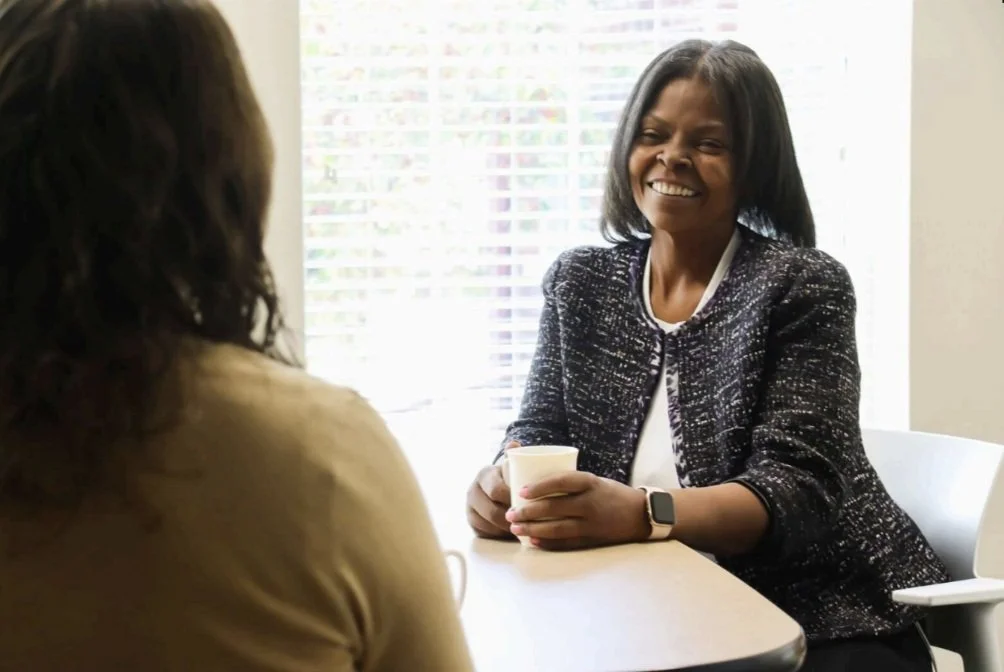
Mental Health Ambassadors
Mental health needs in our communities have never been higher, and access to care focused on promoting mental health and preventing depression and anxiety is essential.
The Mental Health Ambassador (MHA) program is a community-driven solution, suggested by both women and men, wherein the Ambassador educates those in his/her spheres of influence (family, friends, co-workers, members of their faith community, etc.) about strategies that can be used to promote mental health. Training to become an MHA is online, asynchronous, available in both English and Spanish, and takes about 8 hours. Upon completion of the MHA training, a micro credential will be awarded from Calvin University.
Who does the MHA program serve?
Women and men of all ages
Children and adolescents
Racially, ethnically diverse people
People across the economic spectrum
People living in urban and rural areas
English and Spanish speaking people as well as those speaking other languages if the MHA is bilingual
What are the outcomes?
The research documents the following results of the MHA program (see Publications):
Twenty-two MHAs conducted 3,782 “touches” (mental health conversations) in their spheres of influence over a 28-month period.
Listening, teaching self-care/coping strategies, sharing their personal mental health story, and providing resources/information were the strategies used most often by the MHAs.
The “next steps’ identified by the recipients included implementing the STOPP technique, using self-care/coping strategies, talking with the MHA again, and being more accepting of mental health issues.
The MHA’s mental health literacy scores increased in a statistically significant manner from before training to 4-9 months later.
Current Project
Municipal Participatory Budgeting to Address Mental Health Issues and Strengthen Mental Health Support for the 2nd Ward [of Grand Rapids, MI]
In 2024, recognizing the significant mental health needs of the 2nd Ward of Grand Rapids, Michigan, the city used the participatory budgeting process to seek innovative approaches to address them. Funded by a municipal grant, our team is working collaboratively with four other organizations to provide community-centered, preventative, relevant, and effective mental health support to the residents of this geographic area. Specifically, our team is training 40 Mental Health Ambassadors (MHAs) who either live, work, worship, or go to school in the 2nd Ward. This group of MHAs is matched to the racial/ethnic and gender composition of the 2nd Ward and includes doulas, community health workers, pastors, faith community members, police officers, school peer supports, persons from the business community etc. The MHAs have been trained with the online, asynchronous program and are now spending two years doing “touches” (mental health conversations) in their various spheres of influence. They report monthly on the community impact of their work. Please check back for updates on this unique use of the MHA role by a municipality to address evident mental health needs.
The 10-Session Program
MHA Program in the News
Mental Health Ambassadors and Prenatal Coaches: Michigan Orgs Tackle Social Determinants of Health 10/30/23
MHA Training
The cost for this course is $30, which includes a digital badge validating your learning issued upon completion.





